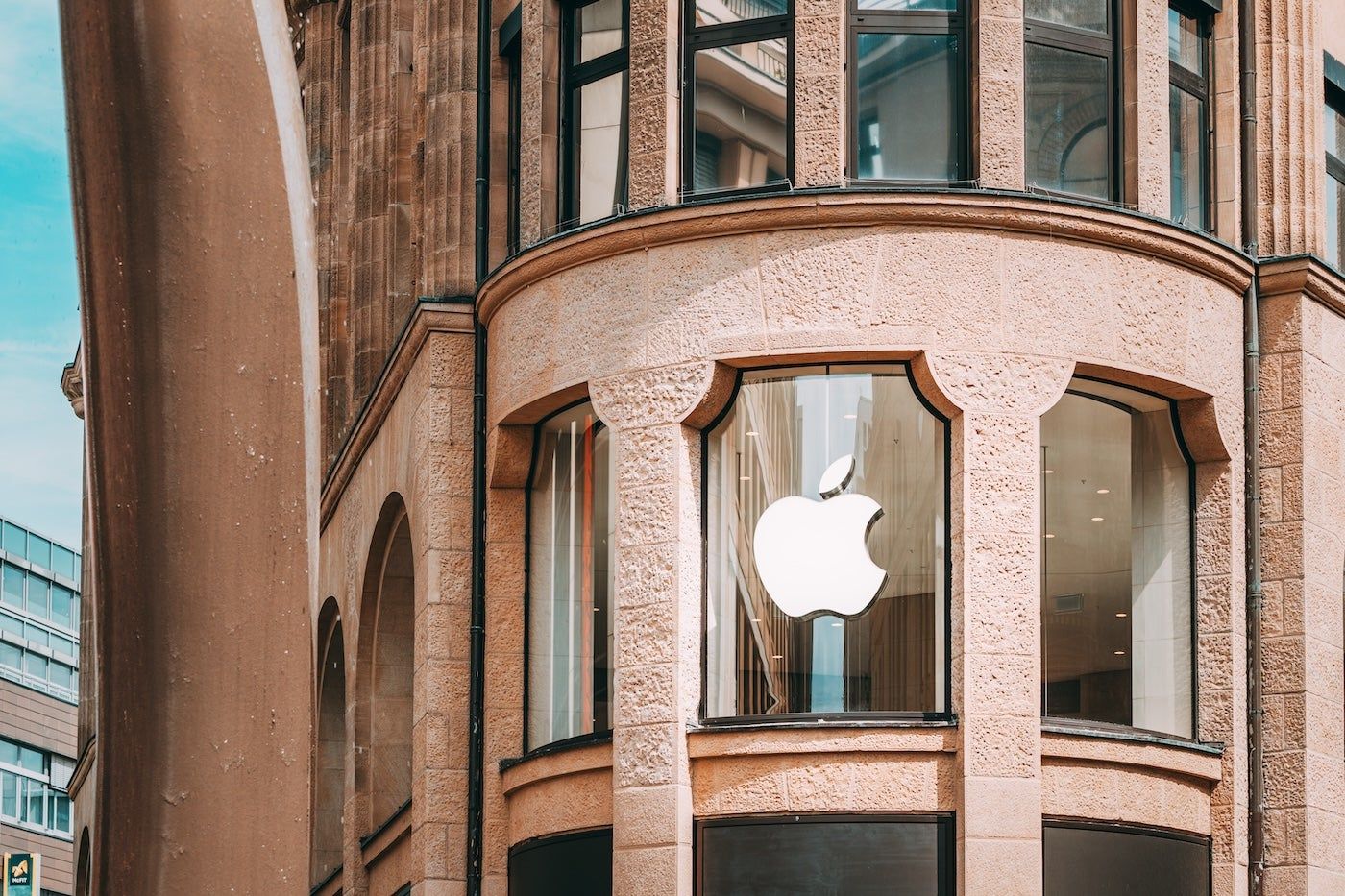Apple could be the first tech giant formally accused by the European Commission of violating the Digital Markets Act.
The Cupertino firm applies “direction” rules, which charge app developers for directing their users to third-party purchasing options, according to the Financial Times. Apple charges a 30% commission on revenue from any in-app purchase, so when users make app-related payments in their phone's browser, for example, it cuts into profits.
In March 2024, the European Commission announced that it would open investigations into Alphabet, Apple and Meta for alleged surveillance (i.e. promoting their own services over those of competitors) in apps and browsers. According to Reuters, Apple and Meta are priority cases, but regulators are still investigating whether Alphabet, Google's parent company, disproportionately favors its own app store and services within Google's results.
Along with the steering rules, the European Commission could penalize Apple for new fees it charges EU app developers that were added in response to the DMA in January. Meta's charges, on the other hand, relate to its ad-free subscription tiers for Facebook and Instagram, according to three sources who spoke to Reuters. These options create the so-called “pay or consent model” and “may not provide a real alternative in case users do not give their consent,” the Commission stated.
What is DMA?
The DMA, established in 2022, is an EU regulation that aims to promote fairness and competition between digital products and services. It established obligations for certain influential technology companies, called “gatekeepers,” that they must comply with in their daily operations.
These cover:
- Provide users with access to the data that gatekeepers collect about them.
- Track users outside of their platforms.
- Allow third parties to interoperate within their platforms.
- Allow users to uninstall any pre-installed software or applications.
- Deprioritize services and products offered by third parties on the gatekeeper platform.
In September 2023, the European Commission designated Alphabet, Amazon, Apple, ByteDance, Meta and Microsoft as gatekeepers or providers of certain “core platform services” such as Google Maps, the Apple App Store and Amazon Marketplace.
Fines for non-compliance with the DMA can amount to up to 10% of the company's total turnover worldwide, reaching up to 20% in cases of repeat offense. In more extreme cases, the Commission may order an organization to sell all or part of its business or prohibit it from acquiring related services.
The WFD has been in force since May 2023, but the deadline for gatekeepers to submit WFD compliance reports to the European Commission was March 7, 2024. A few weeks later, the Commission announced that it was opening investigations. due to default by Alphabet, Apple and Meta.
How has Apple responded to the DMA?
Apple responded to the DMA's requirements in January, saying that access to third-party apps on Apple devices presents security risks, including “malware, fraud and scams, illicit and harmful content.” However, it made a number of changes, including its pricing structure.
The maximum commission Apple claims on subscriptions and in-app purchases for apps listed on the App Store was reduced from 30% to 17%, and the company does not take any cut for those distributed by a third-party app. However, it also added the controversial Core Technology Fee for app developers with over a million installs each year; This costs €0.50 per first installation for over a million in the last 12 months.
Some developers, including Epic Games' Tim Sweeney, have argued that the introduction of the core technology fee means they will be charged more than before and has been called “a new and devious example of malicious compliance.”
After the Commission's oversight investigation was announced in March, an Apple spokesperson told The Verge that they are “confident” the company's plan complies with the DMA and that it will “continue to constructively engage with the European Commission while it carries out its investigations.
SEE: EU WFD compliance reporting deadline arrives for 'gatekeeper' organizations
When will we know if Apple will be charged?
EU regulators are expected to make a decision on whether to charge Apple in the coming weeks, according to the two Financial Times sources. Reuters says an announcement will be made before the European Parliament's summer break in August.
The expectation is that the company will be charged and be the first of the technology giants to be penalized, Reuters sources added, while a decision will be made about Meta.
A second investigation focusing on the choice screen of Apple's web browser, which “may be preventing users from actually exercising their choice of services within the Apple ecosystem,” is likely to take longer, according to the European Commission.
Although times may change, the charges are expected to be announced before Margrethe Vestager, the European Competition Commissioner, leaves office in November.
So far, the Commission has only made preliminary findings, so Apple and Meta still have the opportunity to take steps that will alleviate concerns before a decision is made.












